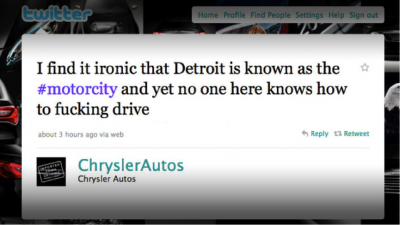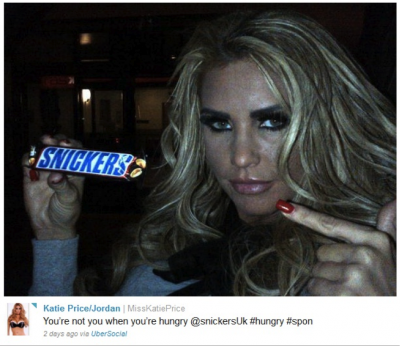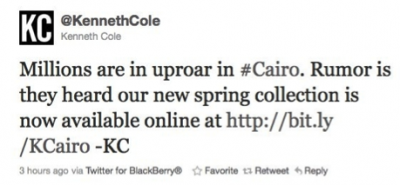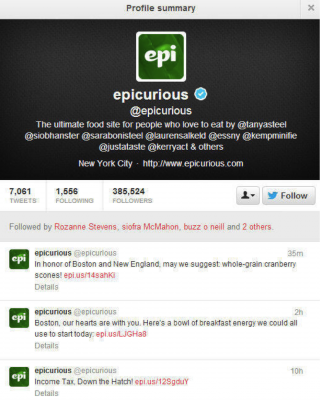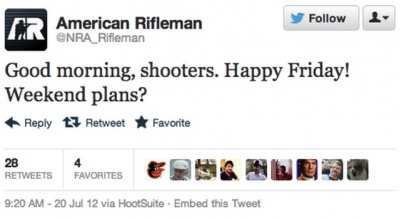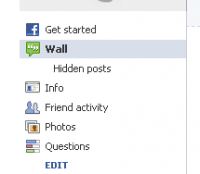Social media fails can happen ‘just like that’. Often, the public are aware of them before the brands, giving an everyday Joe, grinning with glee, the chance to claim to be the first to notice [insert name of brand]’s mistake and haul it into the spotlight with the added insult to injury hashtag – #socialmediafail. Don’t be that brand.
Community management shares the load of intensive, 24/7 work by using a network of moderators and managers. Yet this also has the potential to increase the risk factor for a brand’s social media fail. With several spokespeople for the brand, how you do ensure that your brand’s social media reputation remains un-muddied?
With over ten years’ experience of social media management, we’ve seen our fair share of social media fails. It’s a sticky pit that’s easily stumbled into yet difficult to remove your brand from without a broken leg, let alone a bruise or mild concussion.
Here are Tempero’s 10 ways to avoid social media fails within your community management:
1. Trust your team. Every single person who has access to your social community has the potential to damage your brand. Conduct one-on-one interviews, writing skills test, ongoing training and review your team regularly. Being lazy at this juncture could cost you much more in potential legal fees.
2. Separate personal and business accounts. It’s easy to tweet in a hurry and not quite realise which account you’ve got live at the time. One of ‘s social media management employees made the mistake of offensively tweeting “Obamas gma even knew it was going 2 b bad! She died 3 days b4 he became president. #nbcpolitics” from their personal account. Oops.
Chrysler experienced a similar mishap when the social media manager posted a F***-filled tweet from Chrysler’s twitter page, as opposed to his own personal account. It’s enough to give a brand nightmares.
3. Make things simple. Attention span is short online and if you’ve got something complicated to say, don’t try and say it in 140 characters or a Facebook post. Better to link off to another page. This also goes for Facebook competition apps – too many clicks, inputting of forms and uploading of photos is a barrier to entry that may define the success of your campaign.
4. No faking it. Every brand wants to be successful but there are better ways of guaranteeing it than by secretly paying celebrities to post photos of themselves on their social media accounts, using your service or posing with your product. came under fire for this in the UK. Suspicions were aroused when , and began tweeting about subjects unusual to their account. Suspicions were confirmed when pictures of them and a Snickers bars popped up along with the tagline ‘You’re not you when you’re hungry’. Your users aren’t fools, don’t treat them as such.
5. Don’t take offence. Think with your ‘brand head’, not your personal one. For some people, it’s a game to try and rile brands and make them come back with something inappropriate. It’s a bit like brand ‘phishing’. Don’t rise to it. There are numerous examples of restaurants especially, taking to Twitter to attack bad reviews. Not only does this highlight the negative review, but it gives your attacker an elevated status
6. Plan long and short term. As Nick Hewer from The Apprentice said recently, ‘If you fail to plan, you plan to fail’ (much dispute as to who originated this quote abounds). Whilst it’s difficult to plan too far in advance in the digital world, objectives and goals have to be set. An idea of where you want to take the brand’s social media is imperative; otherwise it’s like a boat without a rudder. Ensure everyone associated with your social community management is aware of these plans and are all working towards it.
7. Don’t use disasters to promote your brand. There is never good reason to do this. Yet some brands still do and lose the respect of their followers as a consequence. Here are just a couple of examples of how some brands jumped to disasters for their own promotion:
8. Check scheduled tweets. This is especially relevant after any negative event that either concerns you or could be associated with you. obviously forgot this piece of advice and in the midst of the horsemeat scandal: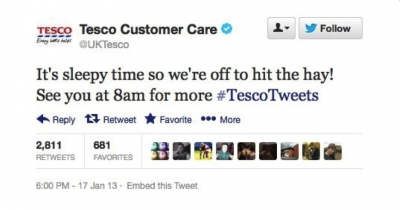
Another brand that would have done well to check their scheduled tweets was who posted this following the Aurora shooting tragedy. Another scheduled tweet with unlucky timing.
9. Nip negative comments in the bud. It’s unlikely there won’t ever be a negative comment either in response to a tweet or Facebook post, or just because a customer’s venting, but the first and foremost rule is to make sure you know about it so you can do something about it (and don’t ignore them either). If you don’t, as in the case of the , things may get out of control. With nearly 250,000 likes and over 20,000 comments, this could quite easily have been prevented had it not been left alone to generate a life of its own. 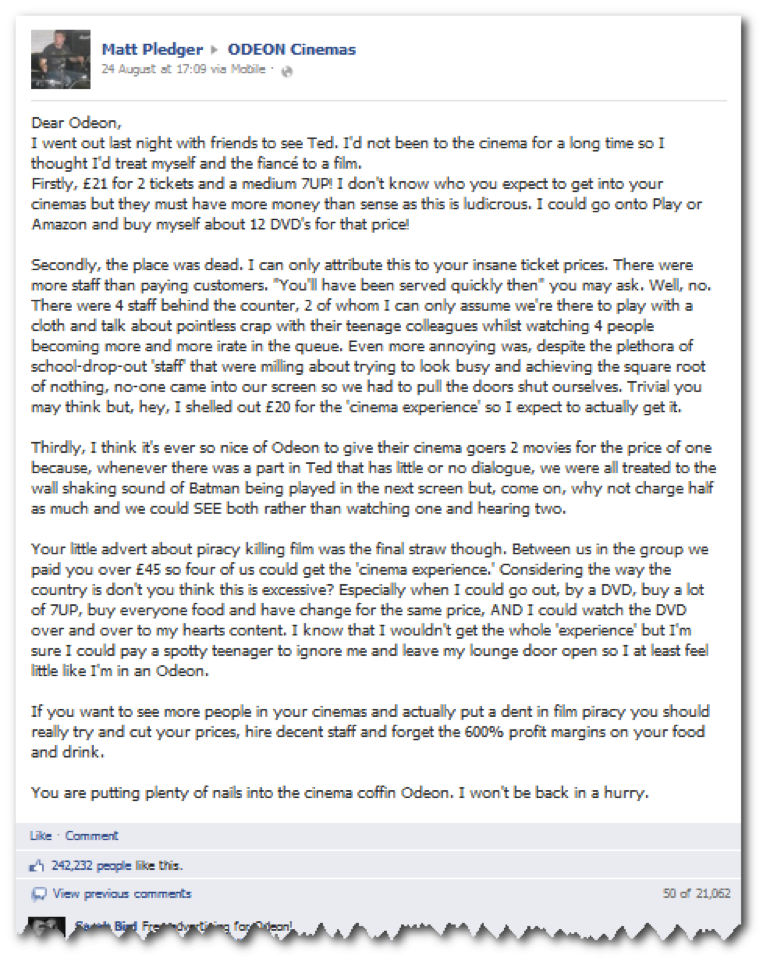
10. Build safeguards. There are lots of examples of social media fails so use these to your advantage. Understand the how, why and when of a brand’s social media disaster and you’re one step ahead to making sure it doesn’t happen to you. Ensure that everyone on your team has had the proper training, understands how to conduct themselves in an appropriate manner for your brand and shares any potential issues. Even with the best of teams and all the training in the world, social media fails can happen in an instant so make sure there’s a company process for dealing with these instances.
What’s the best outcome for a social media fail?
In this set of examples, the brands who held their hands up and apologized had the least negative backlash. As much as the online audience is keen on brand disasters and quick to point these out, they also understand that brands have a human side to them to and are happy to forgive if there’s a good explanation.
*It’s worth pointing out that Kitchen Aid handled this crisis well with a quick removal of the offending tweet, an explanation and an apology. It’s fair to say that brands can recover from #socialmediafails.



